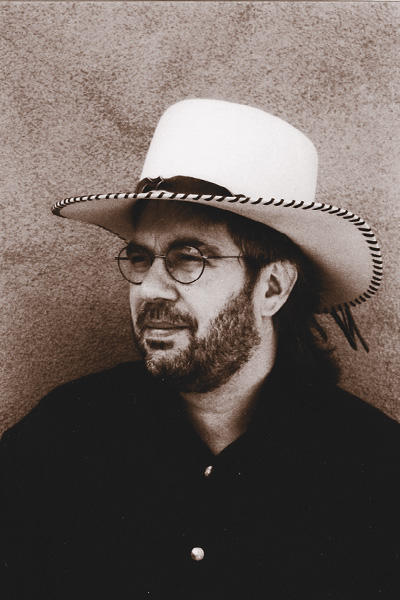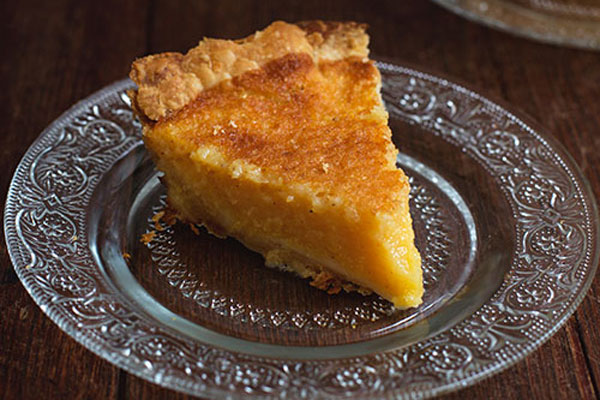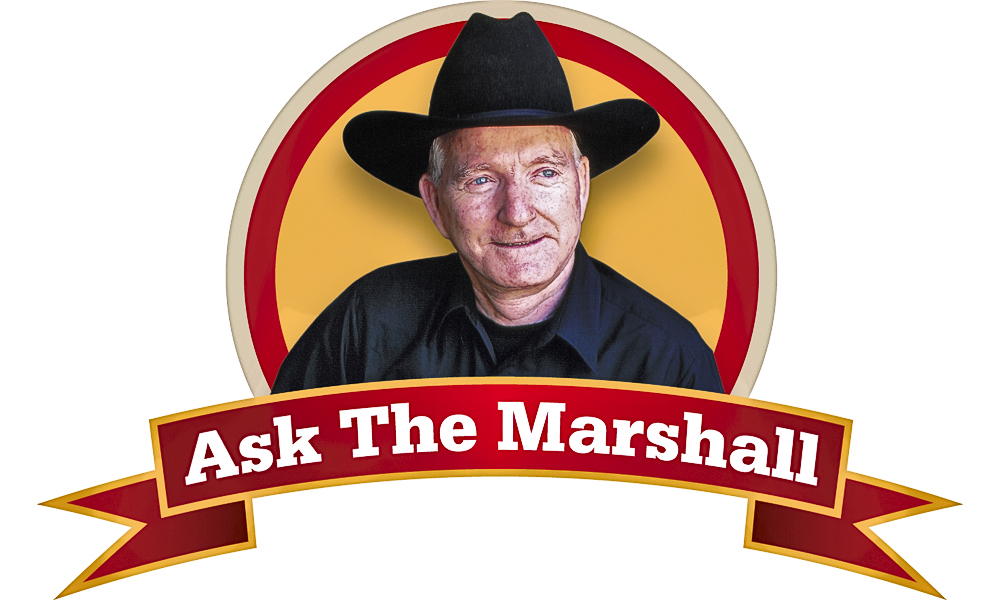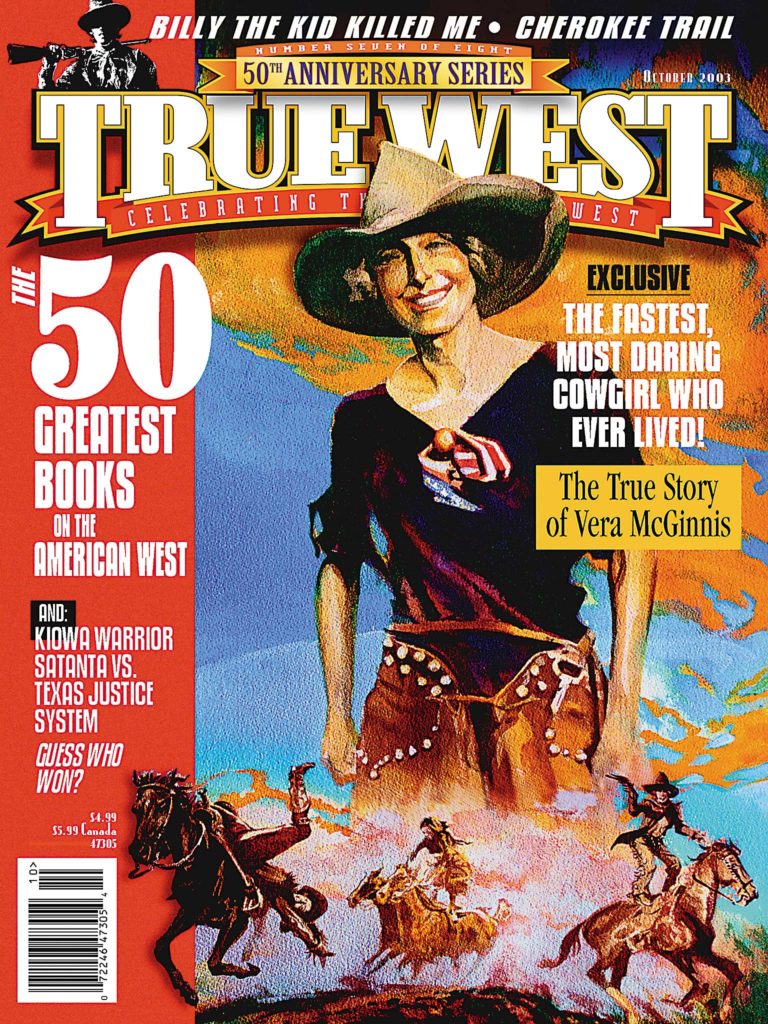 Since third grade, Johnny Boggs has been making up stories. Of course for True West, he sticks to the facts. And as regular readers already know, he has a quirky sense of humor.
Since third grade, Johnny Boggs has been making up stories. Of course for True West, he sticks to the facts. And as regular readers already know, he has a quirky sense of humor.
As familiar as you are with Boggs’ articles, you probably don’t expect him to tell you he wears boxers when asked to share some things readers don’t know about him. (Or maybe you do.) Among other things he says about himself, “I make great chili, and an even better pineapple-coconut pie.”
But there’s more to this Southern boy, who was reared on a farm near Timmonsville, South Carolina. By the time Johnny was in high school, he had his future mapped out: “I’d major in journalism, work as a sportswriter and write fiction on the side, eventually quitting the day job to write novels full time.”
Oh, yes, and the job would have to be in the West.
After receiving his college degree in journalism, he landed a job at the Dallas Times Herald and later worked at the Fort Worth Star-Telegram. In 1998, tired of the “weather, traffic and crime” of Dallas, Johnny half-jokingly suggested to his wife Lisa that she apply for a job in Santa Fe so he could quit the newspaper and write full time.
A couple of months later, they put the plan into action. Since then, Johnny Boggs has written articles for every major Western magazine, churned out solid, award-winning short stories and books, seen the country and charmed nearly everyone he’s met.
Juggling fiction and nonfiction, and being a husband and now a father is a challenge. Johnny says his son Jack has brought “more interruptions [to my life], but I certainly don’t mind those. . . . [He’s] probably the biggest inspiration . . . the fear of having to get a real day job and missing out on watching him grow.”
In the past year since he’s had Jack to hold, Johnny’s kept his fingers on the computer keyboard. He now has 21 books to his credit—with more in production—plus 27 published short stories, including his Spur Award-winning “A Piano at Dead Man’s Crossing” in American West: Twenty New Stories from the Western Writers of America.
Don’t tell the highway patrol or Texas Rangers, but even when Johnny is traveling, his mind wanders the West. “The road inspires me. I turn off the radio and let my imagination go to work, developing characters, thinking up plots, figuring out transitions, sentences, things like that.”
Boggs’ books include Hannah and the Horseman series and the Guns and Gavel series, which contains Spark on the Prairie, a story of the 1871 Kiowa trial in Jacksboro, Texas. His newest titles are The Big Fifty, the forthcoming Purgatorie and a Billy the Kid story, titled Law of the Land.
One of Johnny’s favorite characters is the Kiowa Satank. “He’s a fascinating individual who can be villain, hero or somewhere in between. I’ve written short nonfiction about him, he’s fictionalized in Spark on the Prairie, I’ve visited his grave twice, have read everything I can about him, and I’ve been toying around with the idea of writing a novel centered on him. . . . Of course, I would not have enjoyed meeting him alone in 1871.” (See “Judgment at Jacksboro,” p. 40.)
Nor I.
Now, Johnny, how about passing a piece of that pineapple-coconut pie?





